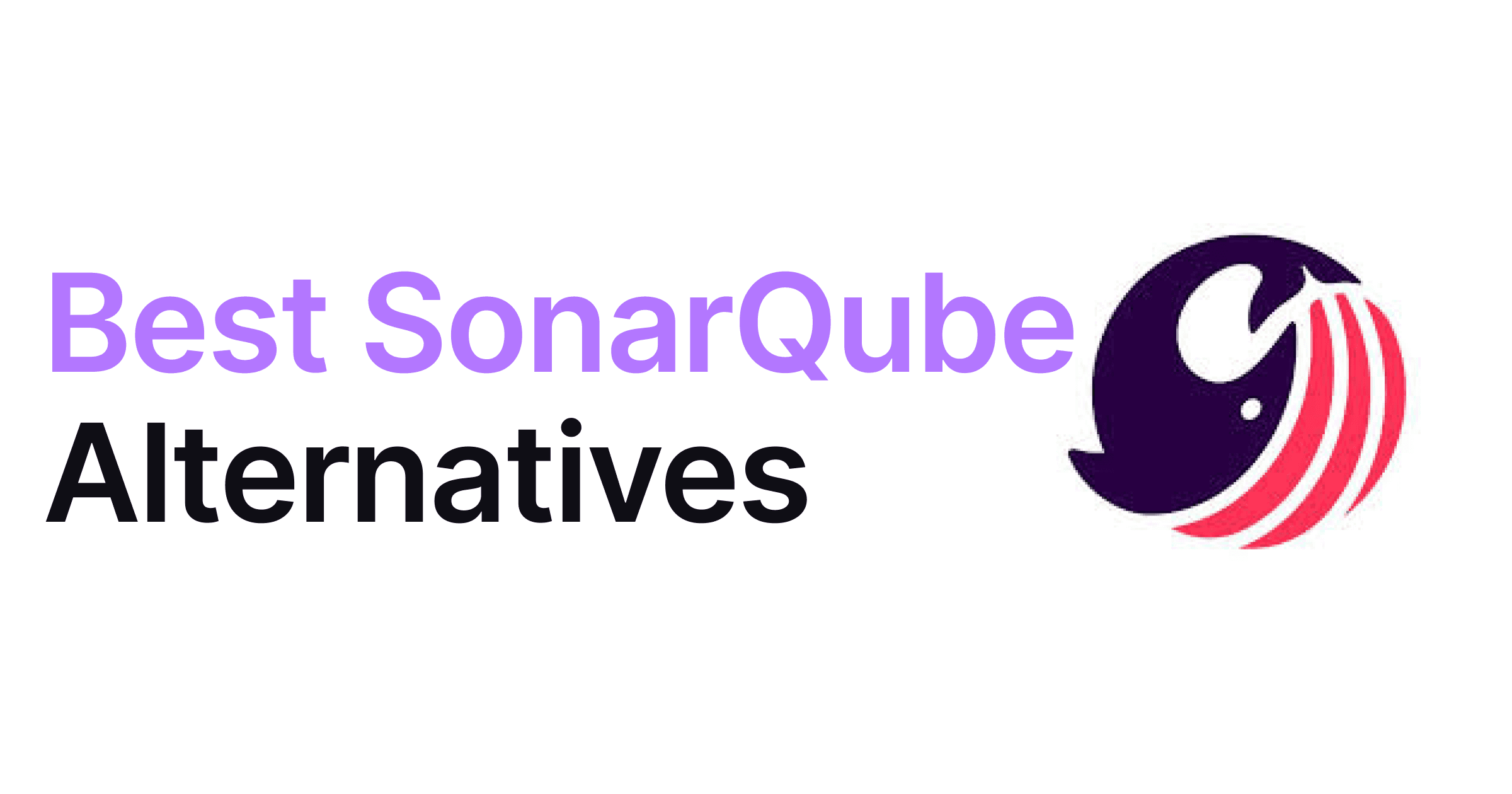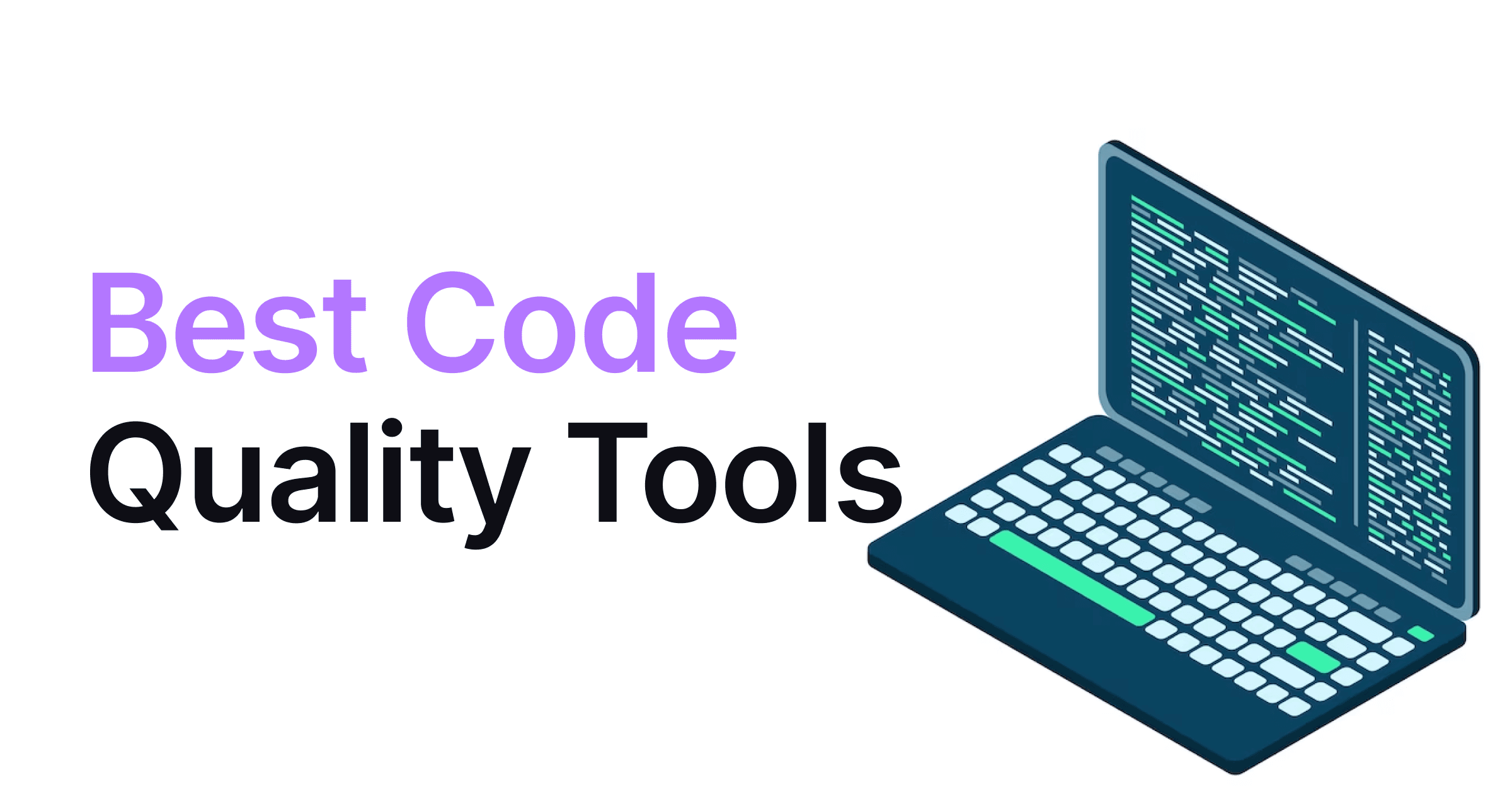AI Code Review
Azure Devops
Amartya Jha
• 16 March 2025
If you've worked in software development for more than a few months, you know that code reviews are non-negotiable for building quality software. The data backs this up: teams that consistently review code during the development reduce bugs by more than 36%.
But despite knowing this, many teams struggle to implement effective review processes.
As developers, we face a daily reality where
You submit a pull request, then wait hours (sometimes days) for feedback, completely disrupting your workflow
When you do get reviews, they're often shallow because reviewers are rushing to get back to their own work
Critical security vulnerabilities get overlooked because nobody's specifically looking for them
Hardcoded API tokens and credentials slip through unnoticed until they're already in production
Reviews focus on style issues instead of architectural problems that actually matter
The consequences are predictable: buggy releases, security incidents, and technical debt that grows with each sprint.
This is precisely why automated code review tools have become essential, especially in Azure DevOps environments where the built-in review process has limitations.
Why Azure DevOps Code Reviews Often Fall Short
If you're using Azure DevOps, you already appreciate its robust CI/CD pipelines and project management capabilities. However, when it comes to code reviews, even long-time Azure DevOps users encounter frustrating limitations:
Legacy Project Integration Issues: Teams working with older projects, particularly those using TFVC instead of Git, often struggle to properly enable code reviews. The process requires workarounds that few teams have time to implement, leading to inconsistent review practices.
Limited Feature Set: When compared side-by-side with tools like GitLab or GitHub, Azure DevOps lacks several features that make reviewers' lives easier:
No batch commenting for similar issues across files
Limited multiline highlighting capabilities
Basic automation options that don't scale well
Notification Overload: A typical review session can flood developers' inboxes with 10-20 emails about a single PR. Important feedback gets buried in notification noise, leading to missed comments and delayed responses.
Comment Reliability Issues: Many developers have experienced the frustration of writing detailed feedback only to have it disappear when saving. This technical glitch discourages thorough reviews and leads to shorter, less helpful comments.
Poor Scalability for Large Teams: As team size increases and pull requests become more frequent, Azure DevOps' interface becomes increasingly difficult to manage. Finding active PRs requiring review, tracking review status, and managing multiple in-progress reviews quickly becomes unwieldy.
These aren't just minor inconveniences—they directly impact development velocity and code quality. When reviews are difficult to perform, teams start taking shortcuts, leading to more bugs, security vulnerabilities, and technical debt accumulating in your codebase.
CodeAnt AI: Automated Code Review Built for Azure DevOps
When we built CodeAnt AI, we set out to solve a specific problem: making code reviews in Azure DevOps (and at other Git services) faster, more thorough, and less painful. After analyzing thousands of pull requests and talking with hundreds of development teams, we created a solution that addresses the exact pain points Azure DevOps users face every day.
How CodeAnt AI Transforms Your Review Process
CodeAnt AI doesn't just automate reviews—it completely transforms how your team approaches code quality:
1. Instant, Consistent Feedback
The average wait time for a human code review is 24 hours.
CodeAnt AI analyzes pull requests within minutes of submission, providing an immediate PR summary and it also fixes issues.
This consistent analysis means every line of code gets the same level of scrutiny, regardless of reviewer workload or time constraints.
2. Comprehensive Security Analysis
Security vulnerabilities are often the most dangerous issues to miss during code review. CodeAnt AI includes:
Advanced Pattern Recognition: Identifies security anti-patterns specific to your tech stack
Dynamic Vulnerability Detection: Finds OWASP Top 10 issues like SQL injection, XSS vulnerabilities, and CSRF weaknesses
Secrets Scanner: Automatically detects API keys, database credentials, tokens, and other sensitive information that should never appear in code
Dependency Vulnerability Analysis: Flags outdated libraries with known CVEs and security issues
This security-first approach catches critical issues before they can impact your production environment, potentially saving your company from costly breaches and data exposures.
3. AI-Powered Code Quality Suggestions
Unlike basic linting tools, CodeAnt AI leverages advanced machine learning models to provide context-aware suggestions that actually make sense:
Algorithmic Inefficiency Detection: Identifies algorithms that could be optimized
Edge Case Analysis: Highlights potential error conditions and exception scenarios that might be overlooked
Anti-Pattern Recognition: Finds and explains problematic code patterns specific to your language and framework
Duplicated Logic Detection: Spots similar code across your codebase that should be refactored into shared functions
These suggestions go beyond style issues to address fundamental code quality problems that impact performance, maintainability, and reliability.
4. Custom Review Rules That Match Your Standards
Every team has unique coding standards and best practices. CodeAnt AI lets you define and enforce these standards automatically:
Team-Specific Rules: Create custom rules based on your organization's specific requirements
Framework-Specific Rules: Apply rules that make sense for your tech stack, whether you're using .NET, Java, Node.js, or any other framework
This customization ensures CodeAnt AI uses your team's standards, not generic rules that don't apply to your specific context.
5. CI/CD Status Checks: Your Code Quality Gatekeeper
Our most powerful feature—the Code Quality and Security Gate—acts as an automated gatekeeper for your codebase:
Automatic PR Blocking: Prevents merging code that contains critical issues like security vulnerabilities or exposed secrets
This makes sure that serious problems never make it into your production codebase, maintaining a baseline level of quality and security across all your projects.
6. Built-In Issue Management
Not all problems can be fixed immediately. CodeAnt AI makes it easy to track and manage issues that require further attention:
One-Click Jira Integration: Convert flagged issues into Jira tickets with complete context and recommendations
This integration with your existing issue tracking system ensures that even complex problems get properly addressed rather than forgotten.
How to Automate Code Reviews in Azure DevOps with CodeAnt AI Step-by-Step
Getting started with CodeAnt AI takes just minutes.
Step 1: Connect Your Azure DevOps Organization
Install CodeAnt AI App from the Azure DevOps Marketplace
Create an Access Token
Go to Access Tokens → Click + New Token
Name: CodeAnt AI
Expiry: 1 Year (Recommended)
Scopes: Code (Read & Write), Pull Request Threads (Read & Write)
Copy the token.
Enable Service Hooks
Go to your project → Project Settings → Service Hooks
Click + New Subscription
Select CodeAnt AI → Click Next
Choose Pull Request Created → Click Next
Paste the token → Click Finish
Repeat for Pull Request Comment Created trigger.
✅ Done! CodeAnt AI will now review your PRs automatically.
Why This Matters: Unlike generic tools that require complex configuration, CodeAnt AI's native Azure DevOps integration means:
No need to modify your existing CI/CD pipelines
No additional authentication systems to manage
No switching between different interfaces during review
Comments appear directly within your familiar Azure DevOps PR view
Step 2: Configure Your Review Settings
(If you are just testing out, there is no need for this just create a pull request and see the changes.)
In your CodeAnt AI dashboard, go to AI Code Configuration to configure it according to your team's needs
Enable and configure these key features:
Security Scanning: Vulnerability detection and secrets identification
Code Quality Analysis: Performance, maintainability, and reliability checks
PR Status Checks: Automatic blocking for critical issues
Language-Specific Rules: Tailored analysis for your tech stack
Custom Review Standards: Define your team's specific requirements
Why This Matters: This level of customization ensures CodeAnt AI enforces your team's actual standards—not generic rules that don't make sense for your codebase. Unlike other tools that take a one-size-fits-all approach, CodeAnt AI adapts to:
Your specific tech stack and frameworks
Your team's coding conventions
Your security and compliance requirements
Different standards for different repositories (frontend vs. backend)
Step 3: Experience Your First Automated Code Review
Create a pull request in Azure DevOps as you normally would
Within minutes, CodeAnt AI analyzes the changes
Review AI-generated comments directly in the PR interface
Address flagged issues or discuss them with your team
Watch your PR pass the automated quality checks
Why This Matters: This is where you'll first experience the time-saving power of CodeAnt AI:
Immediate feedback without waiting for human reviewers
Consistent analysis that catches issues human reviewers might miss
Educational comments that explain why something is a problem
Specific suggestions for how to fix issues
Step 4: Leverage the CodeAnt AI Dashboard
Access your CodeAnt AI dashboard to see all issues across repositories
Review detailed metrics about code quality and security
Identify trends and problem areas that need attention
Generate reports for technical debt and security vulnerability management
Why This Matters: While other tools just provide lists of issues, CodeAnt AI's comprehensive dashboard gives you:
Full Visibility: See code quality metrics across all repositories
Trend Analysis: Track improvements or regressions over time
Team Performance: Identify which types of issues are most common
Security Focus: Prioritize fixing the most critical vulnerabilities first
Data-Driven Decisions: Make informed choices about where to invest refactoring efforts
Step 5: Continuously Improve Your Process
Review CodeAnt AI's analytics to identify common issues
Update your team's coding guidelines based on findings
Create custom AI prompts (for single repo or general ai prompt for all the repos) to focus on specific problem areas
Refine your quality gates as your team improves
Use trend data to measure and celebrate improvements
Why This Matters: Unlike static tools, CodeAnt AI helps your team continually improve:
Educational Feedback: Developers learn from specific, actionable comments
Data-Driven Training: Focus team training on actual problem areas
Measurable Improvement: Track quality metrics over time
Evolving Standards: Raise the bar as your team's skills improve
If you have followed this mini-tutorial, then your team is already crushing it—but even the best developers miss things when they're racing against deadlines.
Five minutes to set up CodeAnt AI today saves you countless hours of debugging production issues tomorrow.
Native AzureDevops vs. CodeAnt AI + AzureDevOps : A Side-by-Side Comparison
What Next? Stop Wasting Time, Start Automating
You already know:
Manual reviews waste time (and sanity).
Azure DevOps’ native tools miss critical issues and drown you in emails.
Security risks like secrets and vulnerabilities slip through too easily.
CodeAnt AI solves this by automating reviews, blocking risky PRs, and cutting review time by 80%.
Your Next Step:
1. Run a Free, 2-Minute Code Review audit.
👉 Connect Your Azure DevOps Repo to CodeAnt AI
Instantly get a report showing:
Exposed secrets (API keys, credentials) lurking in your code.
Top security vulnerabilities (SQLi, XSS, etc.) in your last 10 PRs.
Code quality hotspots (duplicate code, dead code, anti-patterns).
No credit card. No commitment. Just a reality check.
2. Pick ONE Rule to Automate
Examples:
Auto-block PRs with secrets (2 clicks in CodeAnt AI).
Include docstrings for critical modules (Python, Java, C#).
3. Save 10+ Hours/Month. Do something better.
Like:
Fix that tech debt everyone ignores.
Build the feature your users actually want.
> Task for you: Forward this article to your engineering lead with:
“This could save us 12+ hours/month. Can I test it?”
(Works 83% of the time. If it backfires, blame us.)
Try CodeAnt AI Free → Automate reviews.













